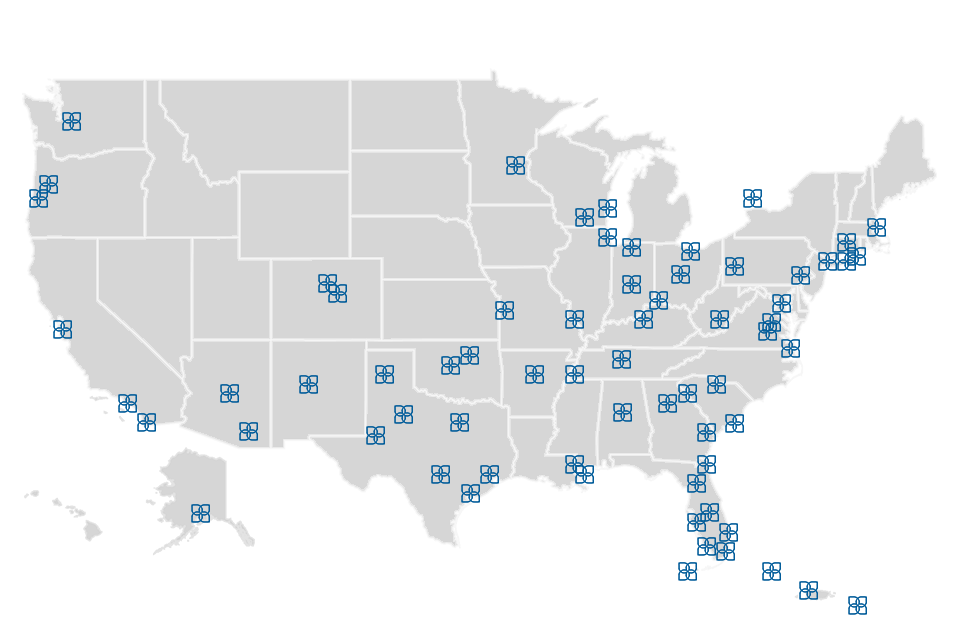Hotels that relied on business travel in the Tampa area are seeing a shift in their guests.
by Grace Mamon, Tampa Bay Business Journal
Chris Plasencia was quoted in this article published on June 15, 2021. The article is also available on the Tampa Bay Business Journal website (subscription required).
_____________
Leisure travel and tourism in Tampa Bay are bouncing back from pandemic lows, but hotel and air travel executives say business travel is a different story.
“Hotels dependent on business travel continued to struggle” in recent weeks, though occupancy levels are in the 80-90% range overall due to “robust leisure travel activity,” according to the Federal Reserve’s June 2021 report on U.S. economic activity for the Sixth District, which includes the state of Florida.
Tampa Bay area hotels that used to rely on corporate travel are not necessarily struggling, but they are seeing a shift in their guests, said Chris Plasencia, managing director at The Plasencia Group, a hotel investment advisory firm based in Tampa.
“Most hotels in downtown [Tampa] are primarily dependent on corporate travel. They have done a good job filling their rooms with whatever corporate travel is out there,” Plasencia said. “But they’re taking on more leisure business than they did previously.”
That is the case for the Epicurean in South Tampa, which used to be dominated by business guests, said Brandon Marshall, corporate director of sales at Mainsail Lodging and Development based in Tampa. “Right now, we’re seeing a little bit of business transient come back for Epicurean,” Marshall said. “But it’s still very much leisure focused.”
Epicurean and its sister hotels, Fenway in Dunedin and the Karol in St. Petersburg, are boutique Marriott hotels run by Mainsail. The Karol, which opened in February 2020 and closed temporarily around 40 days later in March, is located near the Raymond James Financial headquarters and was intended mainly to host business transient guests.
But Marshall and Plasencia said corporate travel has been slow to come back.
“Employers are reluctant to send their workforces back out on the roads until the all-clear has been signaled,” Plasencia said.
Travel managers are also still being cautious, especially because many companies that transitioned to telework during the coronavirus pandemic may not be back in the office yet, Marshall said.
Tampa International Airport has also seen far more vacationers than business travelers lately, said Emily Nipps, senior communications manager at TPA.
“The business landscape has changed somewhat,” she said. “So, I think the aviation industry was expecting leisure to return first.”
But Marshall and Plasencia both said they are optimistic that business travel will recover, even though companies can save money by sticking with telework and virtual conferences.
“The general feedback we’ve gotten is that business travel will have to come back. Face-to-face is still important,” Marshall said.
He believes hybrid workspaces will become popular among companies, which makes him hopeful. “I do anticipate people going back to the offices in some respect, which again, prompts that business travel starts back up,” Marshall said.
There has been an “uptick in bookings for business travel, conventions and special events planned for the second half of the year” in the Sixth District, according to the Fed’s report.
It makes sense then that Epicurean, Fenway and the Karol are expecting a busier summer and fall than usual.
“During the summer, business travel tends to slow down,” Marshall said. “But we’re seeing probably more than what we anticipated.”
Plasencia said group travel, the third segment of hotel occupancy, is also coming back. Group travel includes both leisure and business-oriented groups, like weddings or conventions.
“Most big hotels don’t just have rooms. They have meeting space,” he said. “They’re selling that, and groups are starting to come back.”
Both Plasencia and Marshall said hotels in the Tampa area are situated to recover from pandemic hardships because of the location and groups that attract travelers, like Visit Tampa Bay. They said other markets aren’t having as much success.
“We’ve overcome it, to a large extent,” Plasencia said. “Our region is extremely well-positioned, not only to survive this but to thrive.”


